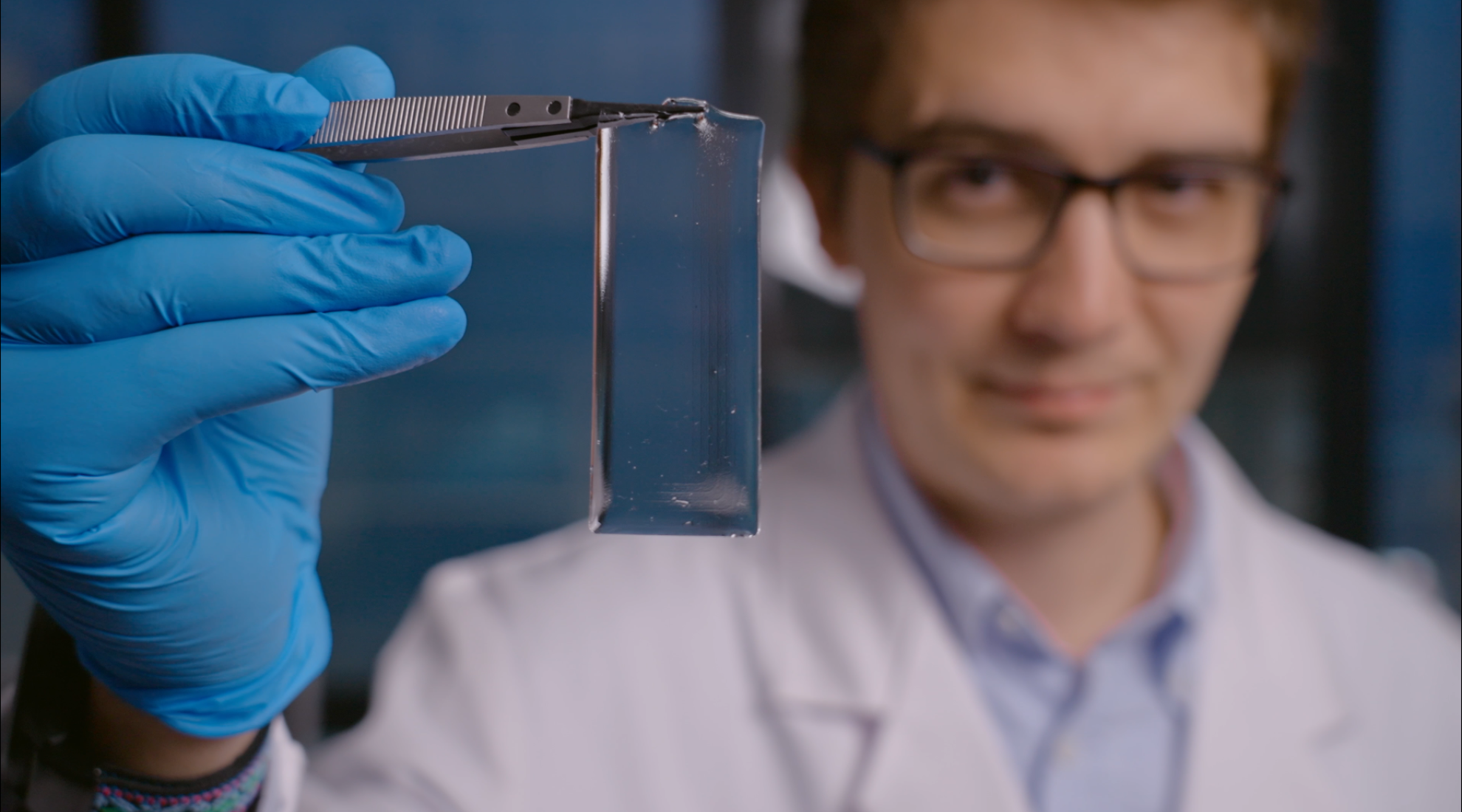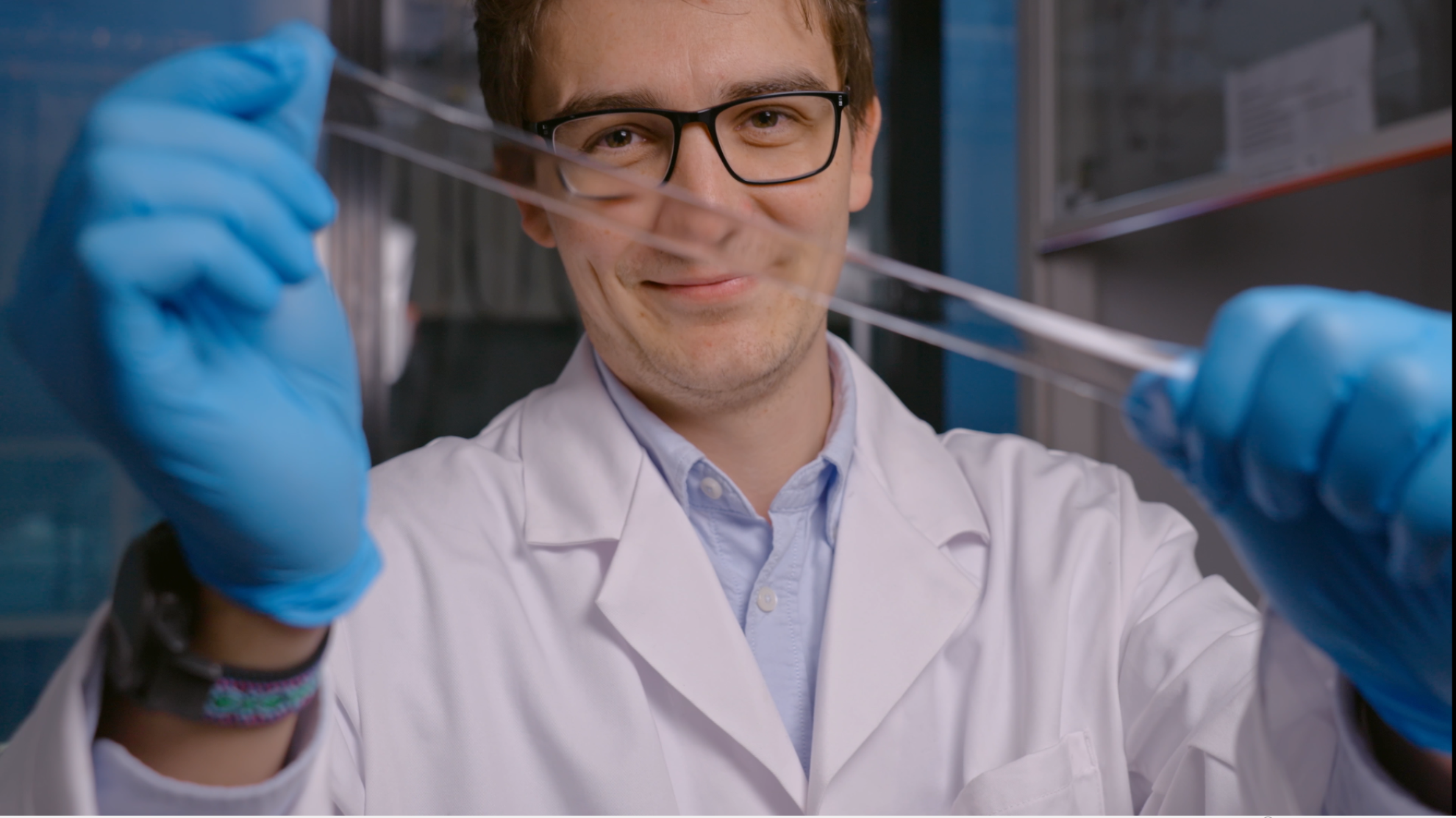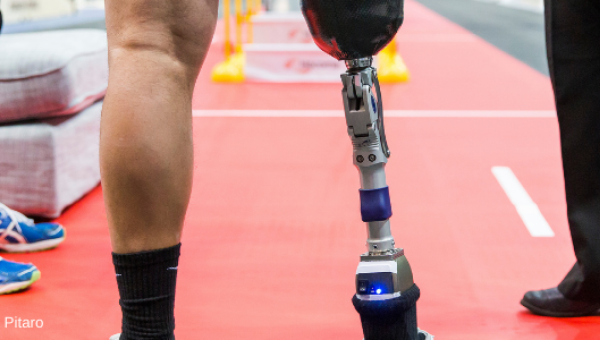A patch warns of leaks in the abdomen after surgery

A novel patch equipped with sensors provides early warning of leaks on sutures in the gastrointestinal tract – and can close them instantly.
Every year, approximately 14 millions patients undergo gastrointestinal surgery. While often lifesaving, sutured and stapled reconnections leak in around 10% of the cases, according to a recent article published in the journal nature communications. Until now, leaks in sutures, such as those in the intestine, were usually discovered only when patients showed physical reactions after the surgeon closed their abdomens.
Surgeons have told us that they keep a close eye on the surgical field during even the most complicated procedures – but as soon as the abdominal cavity is closed, they are 'blind' and may not notice leaks until it is too late.
Less life-threatening complications
A novel patch developed by researchers at ETH Zurich and the Swiss Federal Laboratories for Materials Science and Technology Empa is expected to significantly reduce the risk of life-threatening complications after abdominal surgery. The researchers equipped their patch with non-electronic sensors that indicate before digestive juices can leak into the abdominal cavity. The results were published in the journal Advanced Science. The sensors consist of special protein structures or salts that react to changes in pH or to certain enzymes in the intestine. When these sensor elements come into contact with digestive juices, their structure changes.
Fast detection
Depending on the location of the leak, the reaction takes place within minutes or a few hours. Until now, health care professionals have had to rely on physical reactions of those affected or laboratory tests that occur much later – both indications may come too late at providing a clear indication of a leaking seam. Doctors can detect the change with ultrasound and computer tomography (CT) without having to cut open the abdomen. If the operated site is leaking, contrast deviations on ultrasound and CT images indicate a leak.

Rubber-like super glue: The sensor patch withstands several times the pressure conditions in the abdominal cavity.
Closing the wound instantly
According to the statement, the material also has the properties needed for wound closure. The biocompatible superglue, which is largely composed of water, could not only reduce the risk of complications after abdominal surgery, but also shorten hospital stays and save healthcare costs.
The research team is in the process of forming a spin-off company to bring the patch to market.




